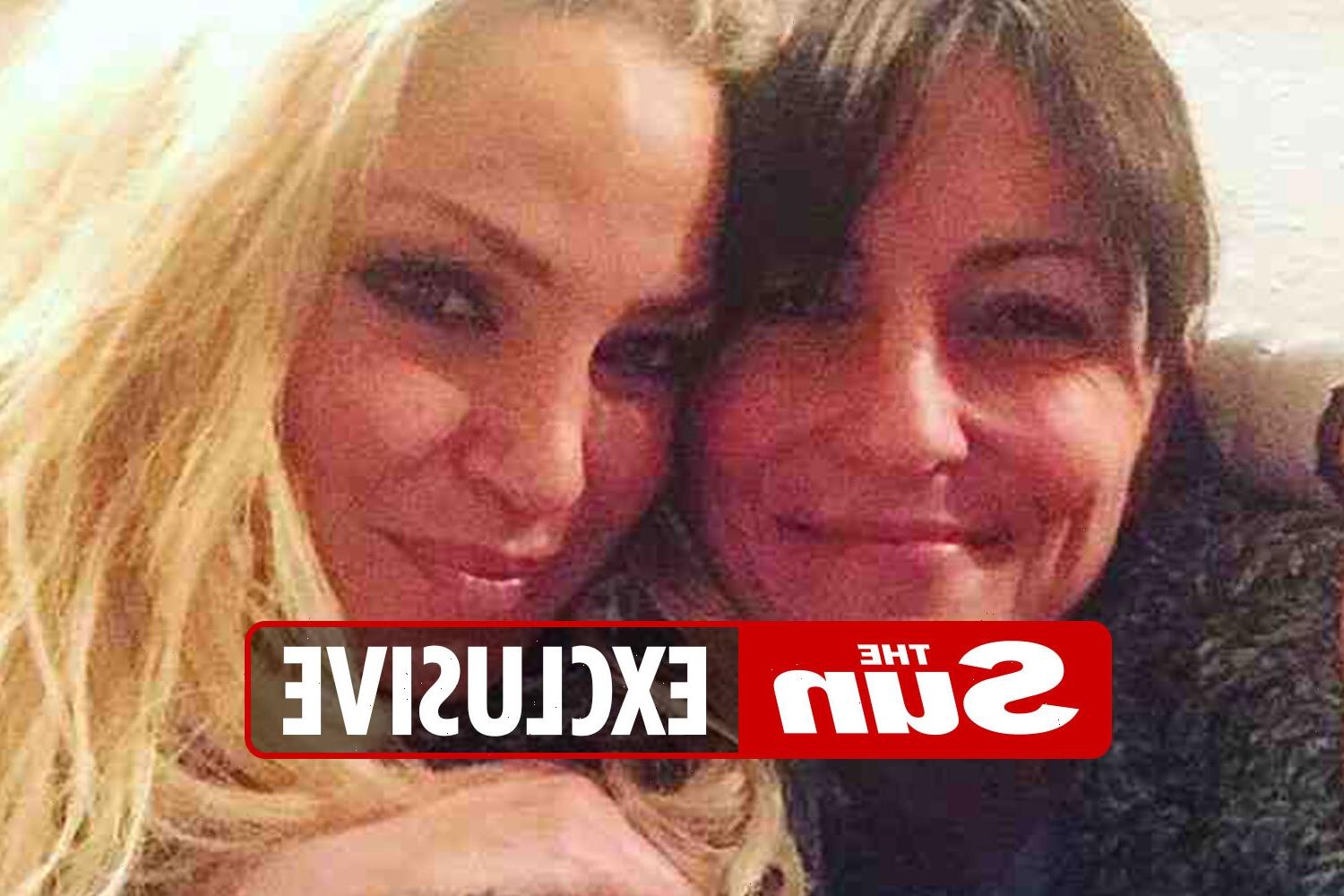TV’s Davina McCall has spoken out over the death of Sarah Harding — saying cancer victims should not blame themselves for failing to spot the disease.
Sarah, who died of breast cancer aged 39 last month, said she ignored a pain before she was diagnosed.
The former Girls Aloud star later wrote she was “in denial” and thought it was due to playing too much guitar.
Her pal, Davina, 53, who was there at the start of Sarah’s pop career, said she and other sufferers must never feel shame or blame themselves.
She said: “She’d given herself a hard time for not going to sort it out earlier. That, for me, is always the hardest thing.
“My sister was given a terminal diagnosis in hospital and gave herself a hard time for not doing something about it.
“There’s nothing like the look on someone’s face when they realise that what they’re being told is there’s no treatment. This is palliative care from now on.
“And the idea that you’d ever blame yourself for that is too much to handle. So we need to help people to find ways of detecting changes in their bodies, but never shaming anybody, ever, ever, ever, and least of all shaming yourself, ever. If you get sick, it’s not your fault.”
Davina, fronting Channel 4’s Stand Up To Cancer next Friday, was one of the first people in the industry to meet Sarah.
She was the host of Popstars: The Rivals in 2002 when she became part of Girls Aloud.
She worked with her again in 2016 for Channel 4’s winter sports reality show The Jump.
She added: “I think the saddest thing is the last time I’d seen Sarah was on The Jump, where she was a contestant. And, oh my God, such good fun!
“That girl was absolutely brilliant, so exciting to be around, so fun to be with.
“And obviously I was there at the beginning of her career, with Popstars: The Rivals, and the show formed the band.”
The cancer event is special to Davina because she lost both her sister, Caroline, and mum Florence to the disease.
She says the key is people digging deep and donating to help fund more research.
She said: “I know that because of the pandemic, many thousands of people have been left waiting for cancer tests and treatments, creating a worrying backlog.
“So I think this year, more than ever, we just need to fund as much research as we can, to give as many people as good a chance as possible.”
Source: Read Full Article




